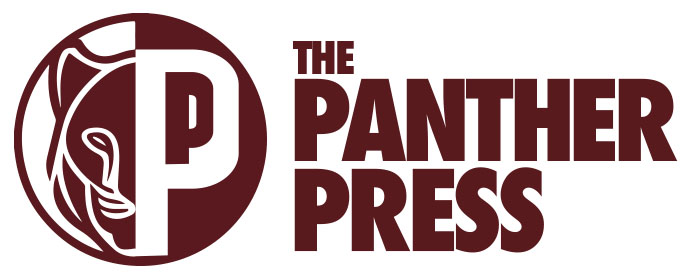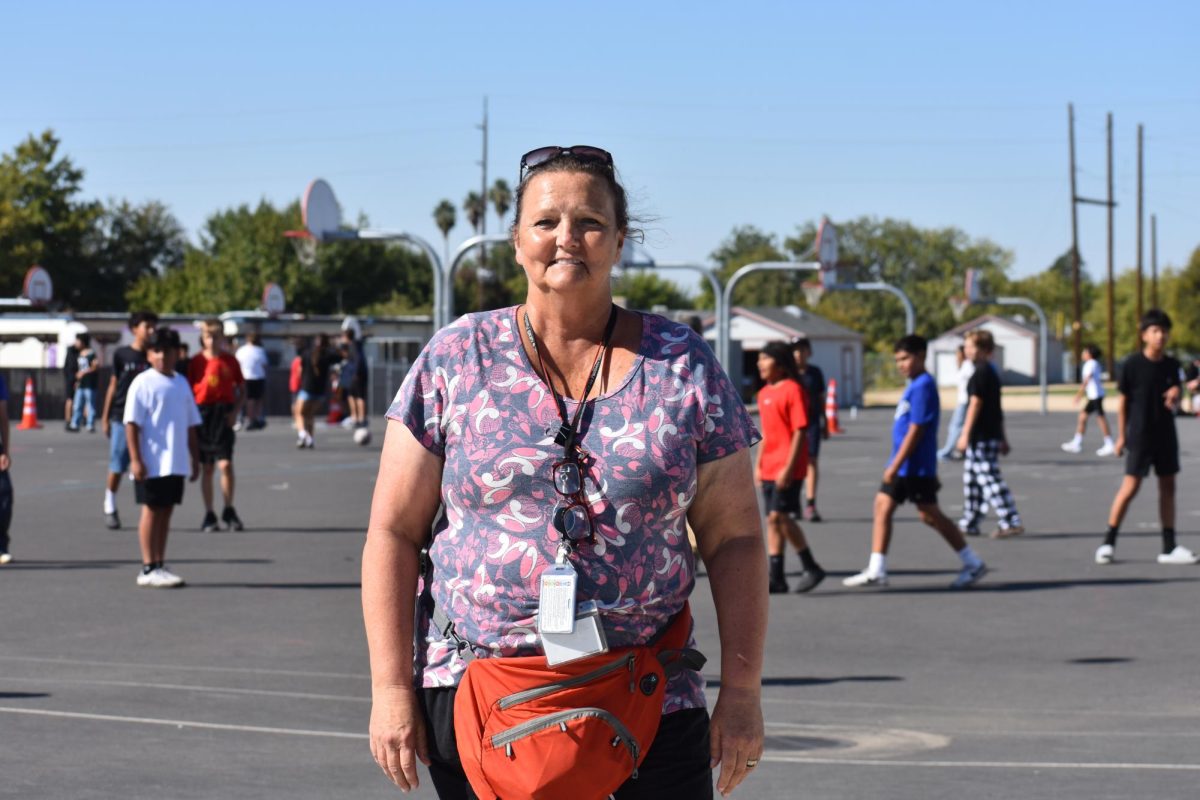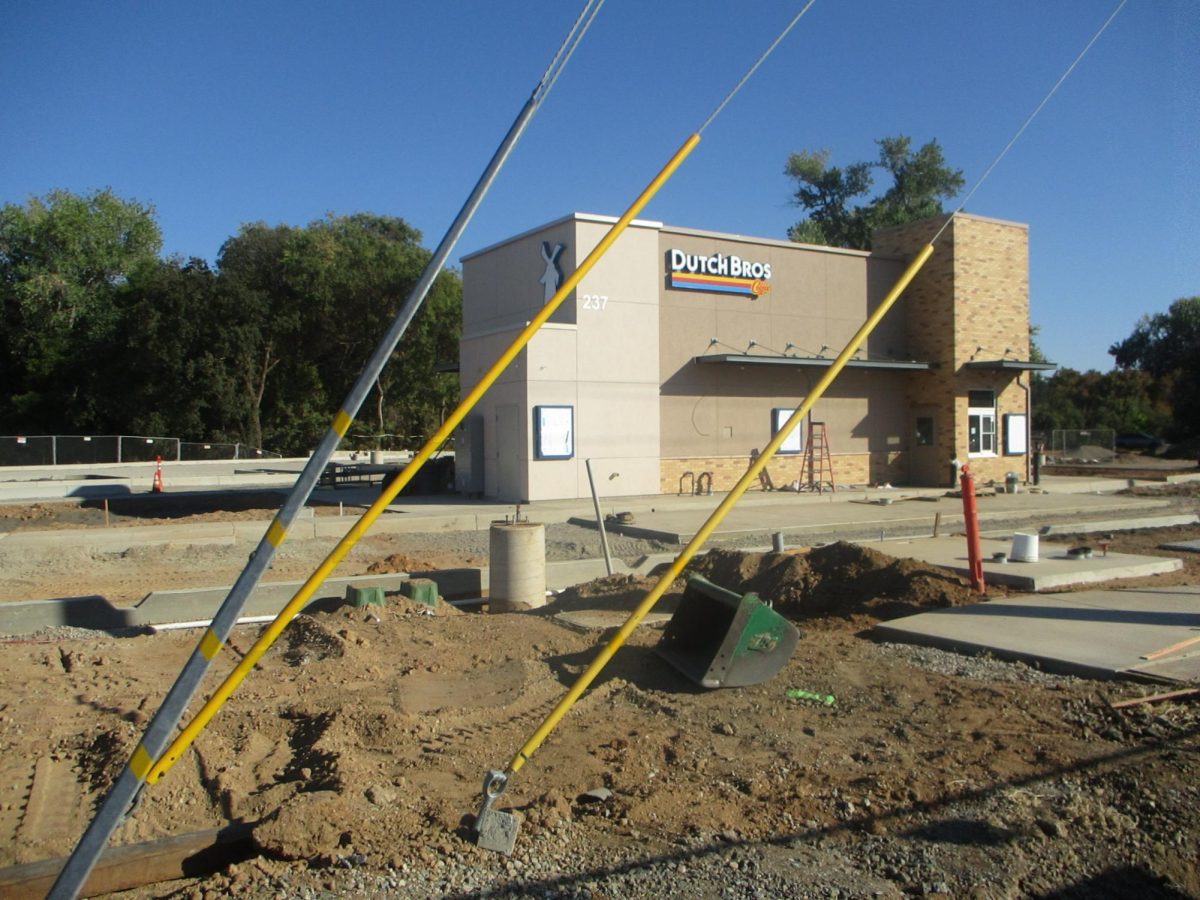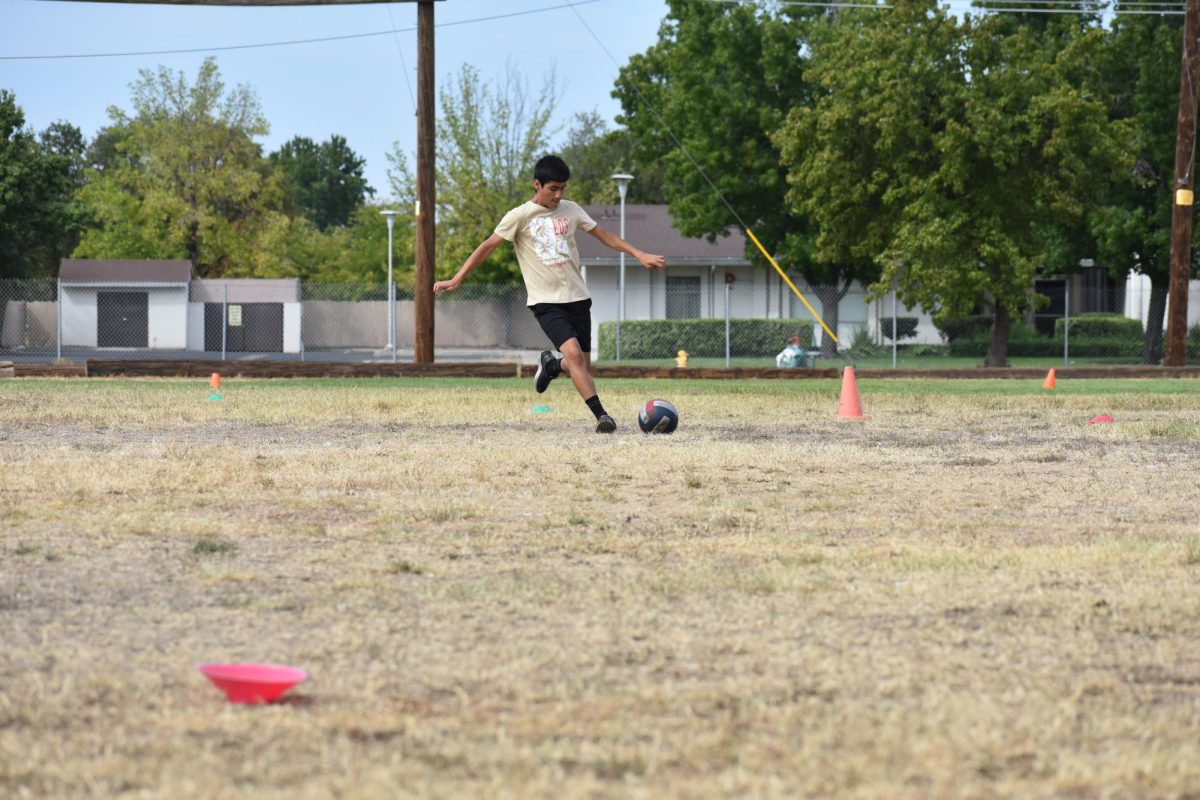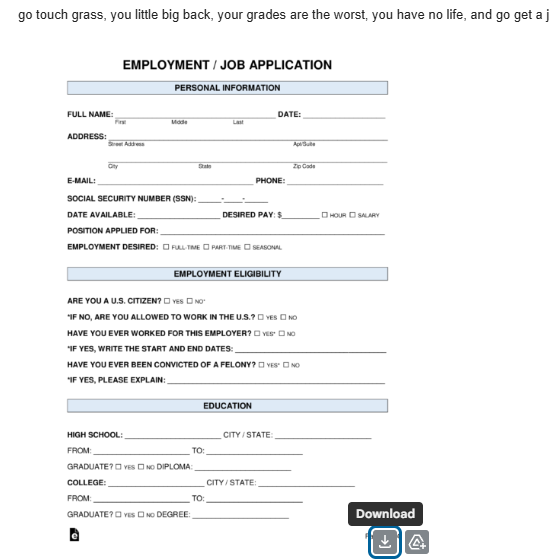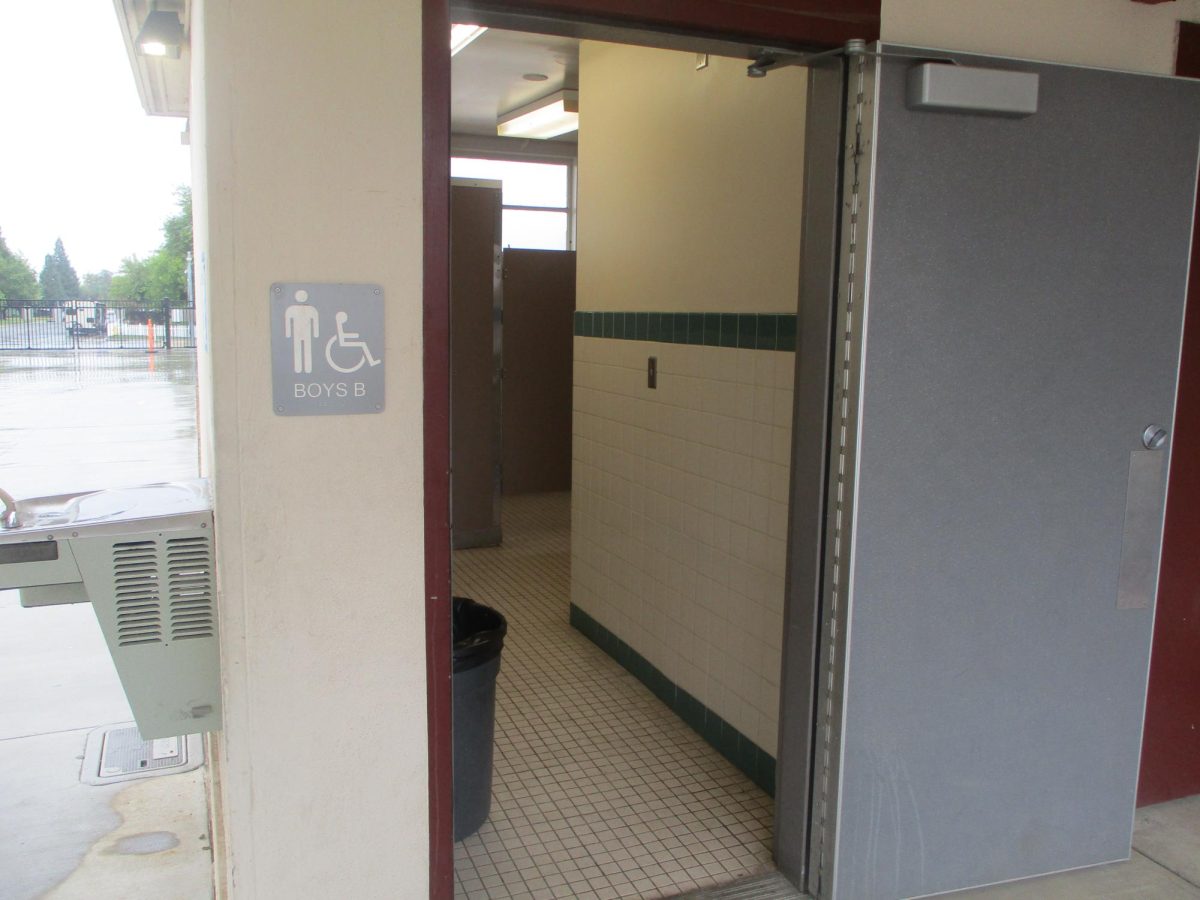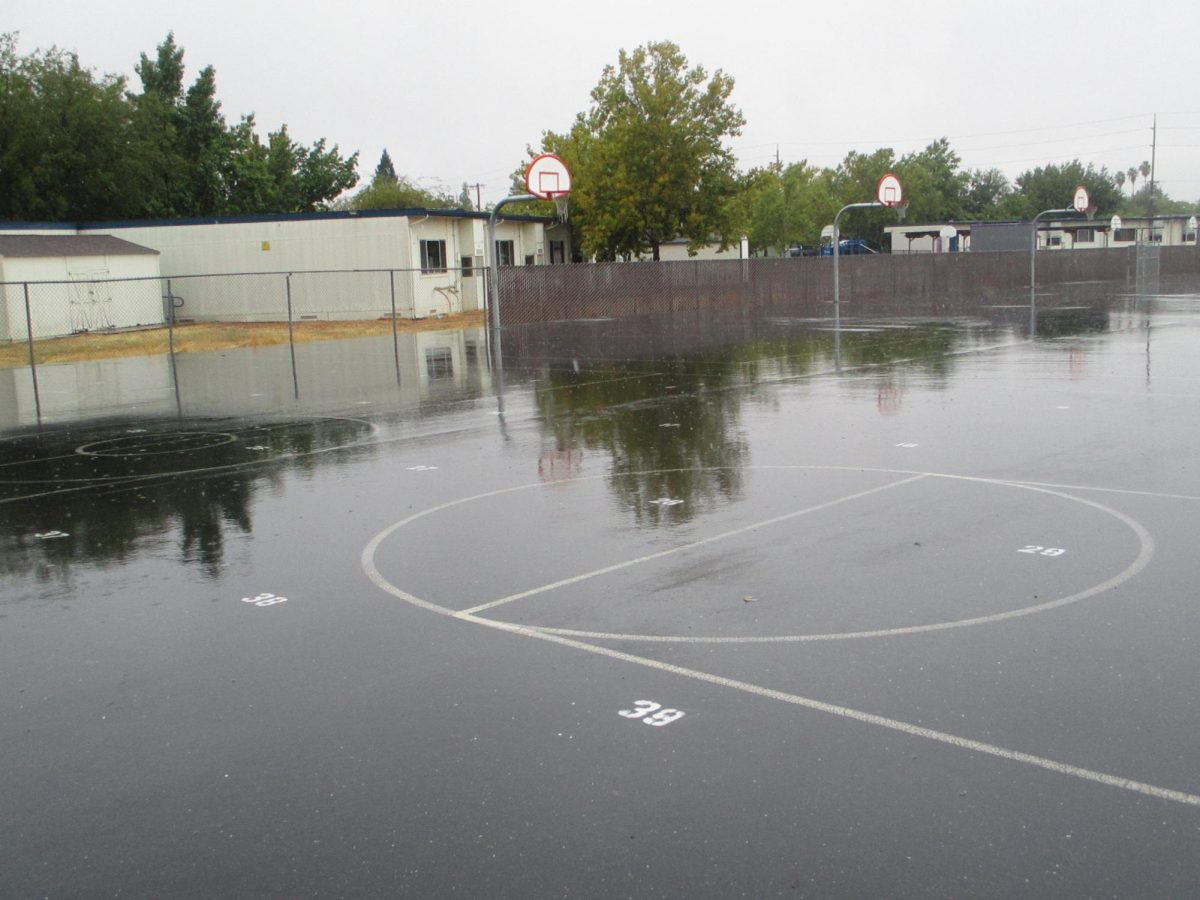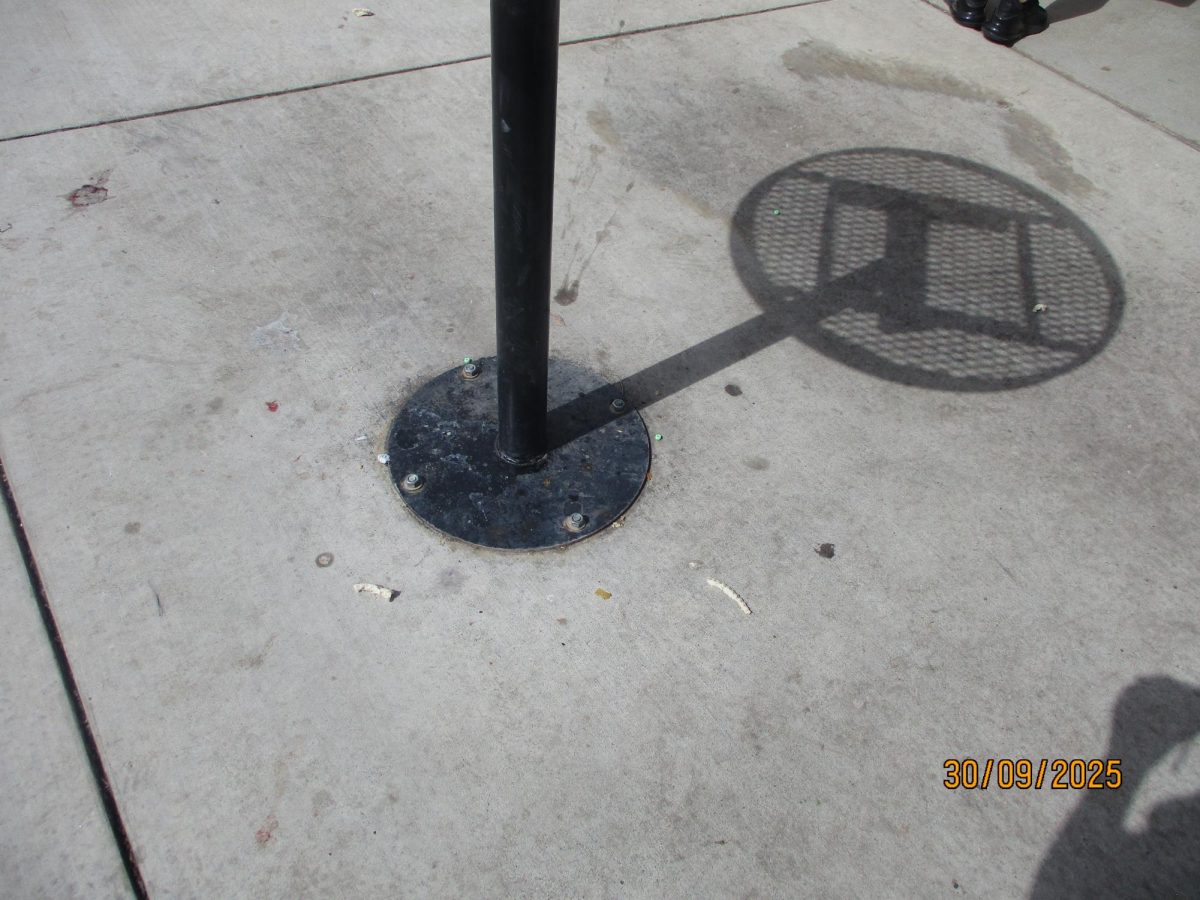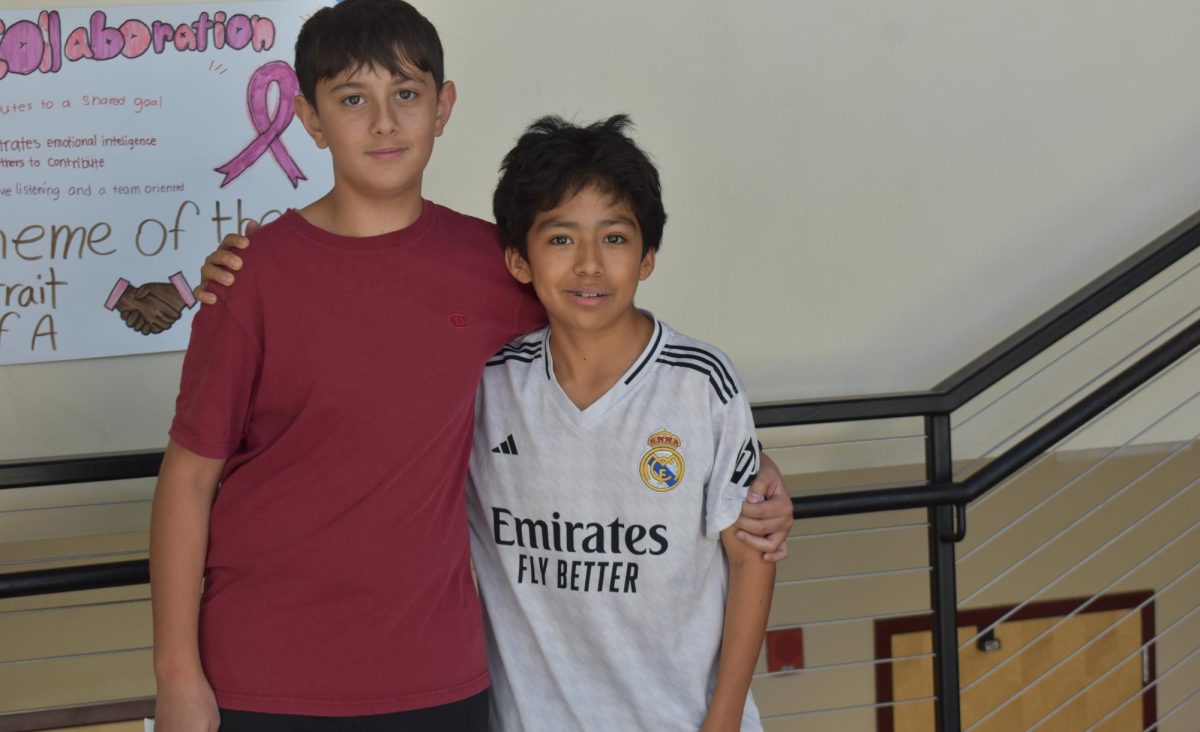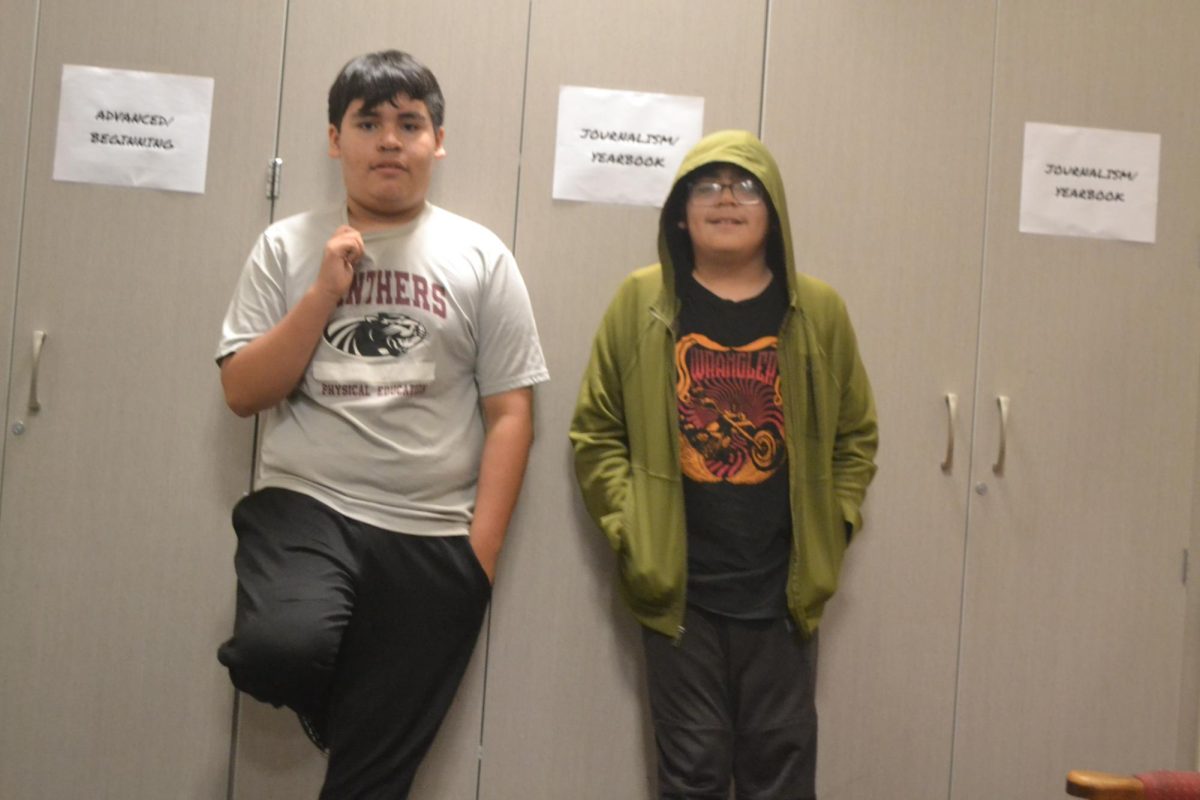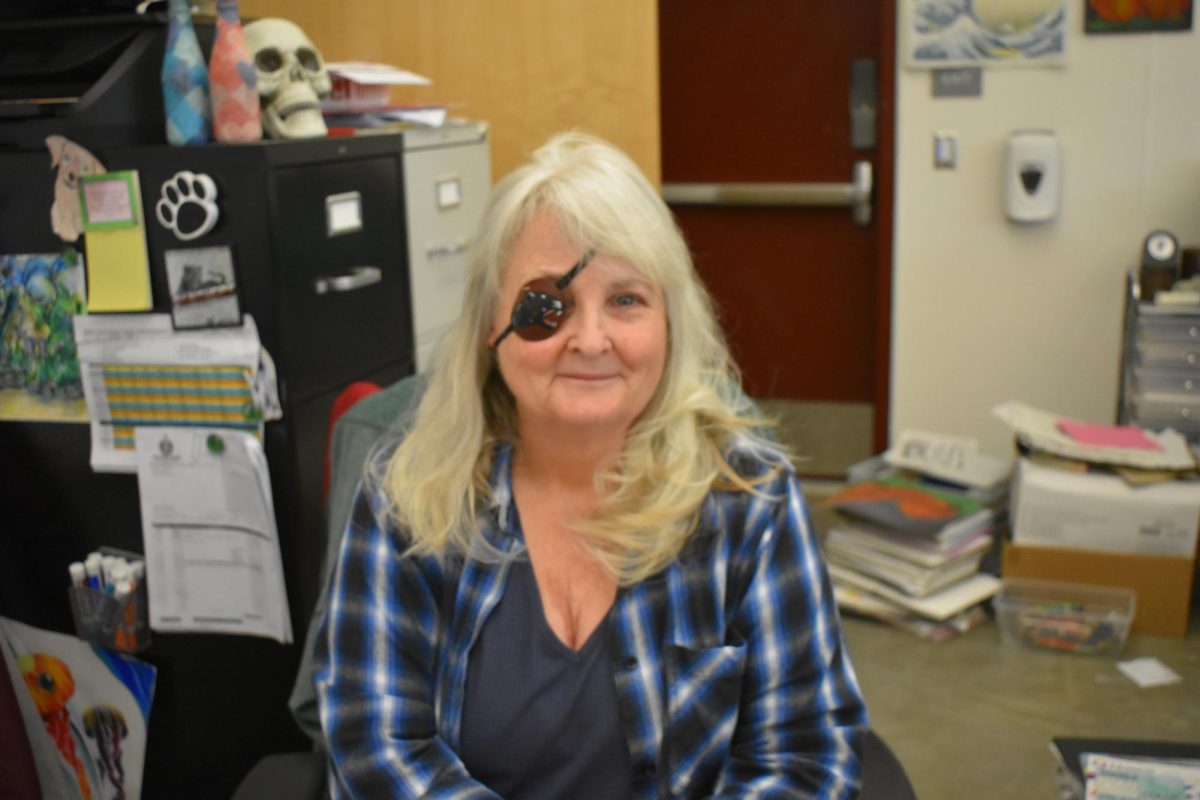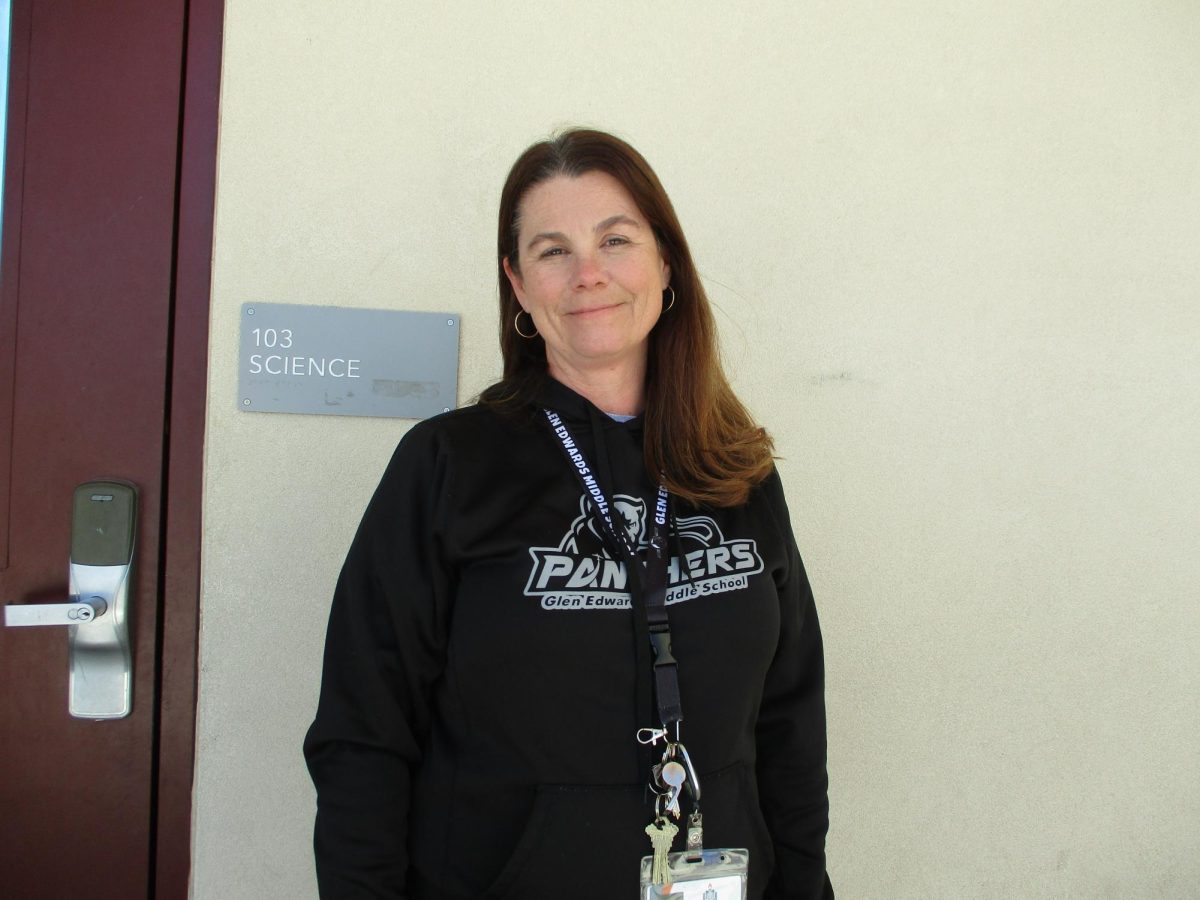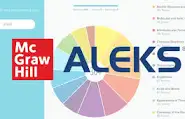Diagnostics have been a part of our education system for many years, whether through programs like i-Ready or our current tool, ALEKS. ALEKS is a math program designed to help students learn topics based on their individual needs.
While diagnostic tests help teachers and the district identify areas that need more attention or a different approach, many students struggle to stay focused or put in effort. Because the tests are lengthy and not graded, students often don’t see the value in completing them seriously.
After completing the knowledge check, students receive a “pie chart” showing which topics they’ve mastered, learned, or still need to learn. They are then expected to complete these topics until the pie is fully filled. However, many students struggle with the brief explanations provided or simply don’t have enough time to finish the six to eight assigned topics each week—especially with other homework. This can lead to declining grades as students fall behind.
Seventh-grade student Avery Avila shared her thoughts: “I don’t like ALEKS that much because I don’t think it helps me with my lessons.” While each topic takes about five minutes, totaling around 30 minutes a week, many students feel the program doesn’t significantly support their math learning and would rather spend that time on other assignments.
Although ALEKS can be a useful tool for the district to monitor student progress, the time commitment required—without enough instructional support—can make it more frustrating than helpful for students.
